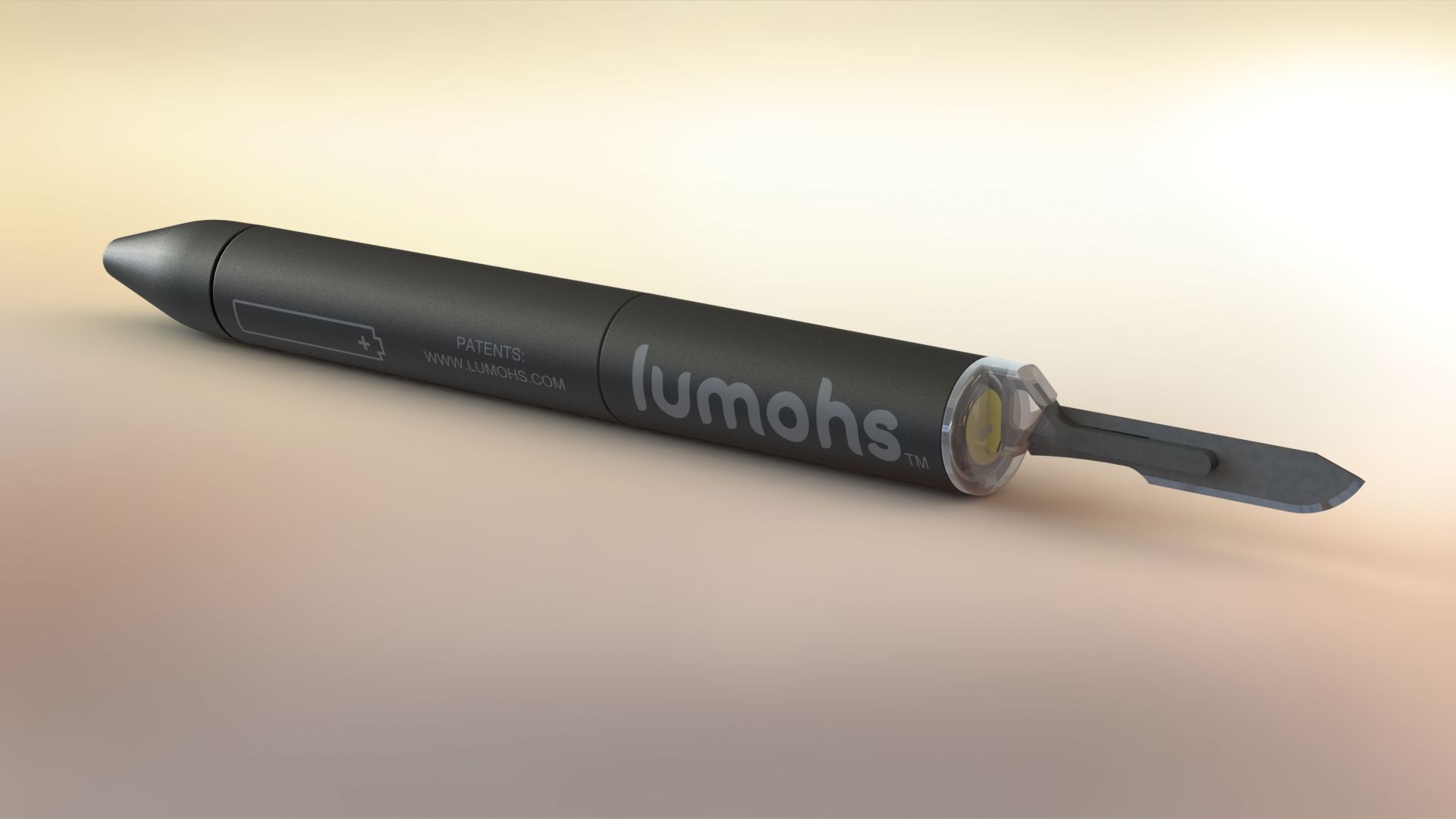- Acne
- Actinic Keratosis
- Aesthetics
- Alopecia
- Atopic Dermatitis
- Buy-and-Bill
- COVID-19
- Case-Based Roundtable
- Chronic Hand Eczema
- Chronic Spontaneous Urticaria
- Drug Watch
- Eczema
- General Dermatology
- Hidradenitis Suppurativa
- Melasma
- NP and PA
- Pediatric Dermatology
- Pigmentary Disorders
- Practice Management
- Precision Medicine and Biologics
- Prurigo Nodularis
- Psoriasis
- Psoriatic Arthritis
- Rare Disease
- Rosacea
- Skin Cancer
- Vitiligo
- Wound Care
Article
Intelligent Scalpel Uses Artificial Intelligence to Increase Safety of Surgery
Author(s):
Steven Hacker, MD, explains how the electromagnetic resonant scalpel provides a digitized record of the in vivo scalpel path.
Artificial intelligence (AI) has its proponents and detractors, but a new intelligent scalpel that uses electromagnetic resonance as a form of learning and teaching could improve surgical outcomes for patients worldwide. Steven Hacker, MD, founder of Hacker Dermatology and Nano Surgical, LLC, both located in Delray Beach, Florida, knew the surgical process could be improved through AI.
The intelligent scalpel uses AI to learn surgical pathways.

“It’s frustrating for a patient, that say, for example, had breast cancer surgery 20 years ago, and surgical paper notes with anatomic descriptions and landmarks are arbitrary, obsolete, and unreliable,” Hacker said. This need led to the genesis of the electromagnetic resonant scalpel, which allows a surgical approach to be replicated remotely. It not only allows surgeons to see the precise incisions of prior surgeries, but likely improves surgical care for patients in underdeveloped countries.
Dr. Hacker told Dermatology Times® his patented intelligent scalpel, “solves that problem by providing a precise, reproducible, digitized record of the in vivo scalpel path and approach on multiple planes, not relying on analog estimations or interpretations. The scalpel uses AI for learning and relearning the surgical approach of the world’s leading surgeons.”
Steven Hacker, MD, of Hacker Dermatology and Nano Surgical, LLC, in Delray Beach, Florida.

In this way, the scalpel can teach doctors the preferred surgical approaches, help surgeons treat recurrent and de novo cancer patients to map prior surgeries against new surgery needs, and to enhance robotic learning of best-in-class surgical approaches to an unlimited spectrum of surgical scenarios.
“The scalpel uses technology in a way similar to how a tablet understands the position of a stylus, generating its own electromagnetic resonant signal that can be mapped digitally to precise anatomic locations using a grid and multiple planes,” Hacker, the inventor of the scalpel, explained.
His medical device company, Nano Surgical, LLC, holds more than a dozen patents for medical devices, all with the intention of making surgery safer for patients and surgeons. Another of Nano Surgical’s patents is for lumohs, a precision-based illuminating device that, when used as a scalpel handle, helps illuminate surgical sites previously obscured with blind spots and shadows.
The medical device company is working with surgical distributors such as Henry Schein, Inc., George Tiemann and Company, Delasco, and Mercedes Medical to introduce lumohs, as well as Dr. Hacker’s other patented products to physicians.
Lumohs and Dr. Hacker's intelligent scalpel were designed to make surgical procedures safer and more effective. This is just the beginning of the innovative technologies that Nano Surgical will be introducing. Interested in utilizing lumohs or the intelligent scalpel in your practice? Call or email the company for pre-sales and more information.
Newsletter
Like what you’re reading? Subscribe to Dermatology Times for weekly updates on therapies, innovations, and real-world practice tips.













